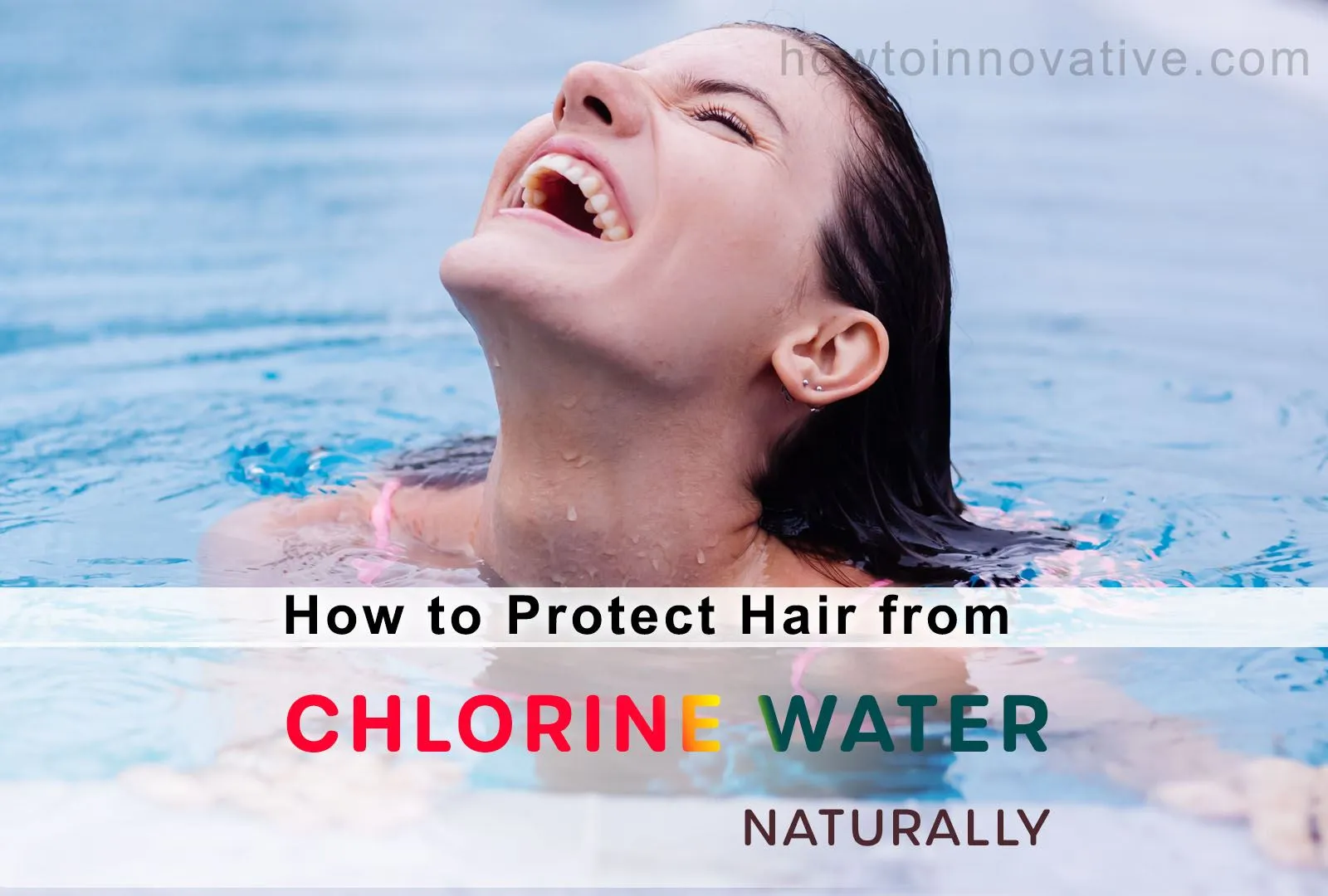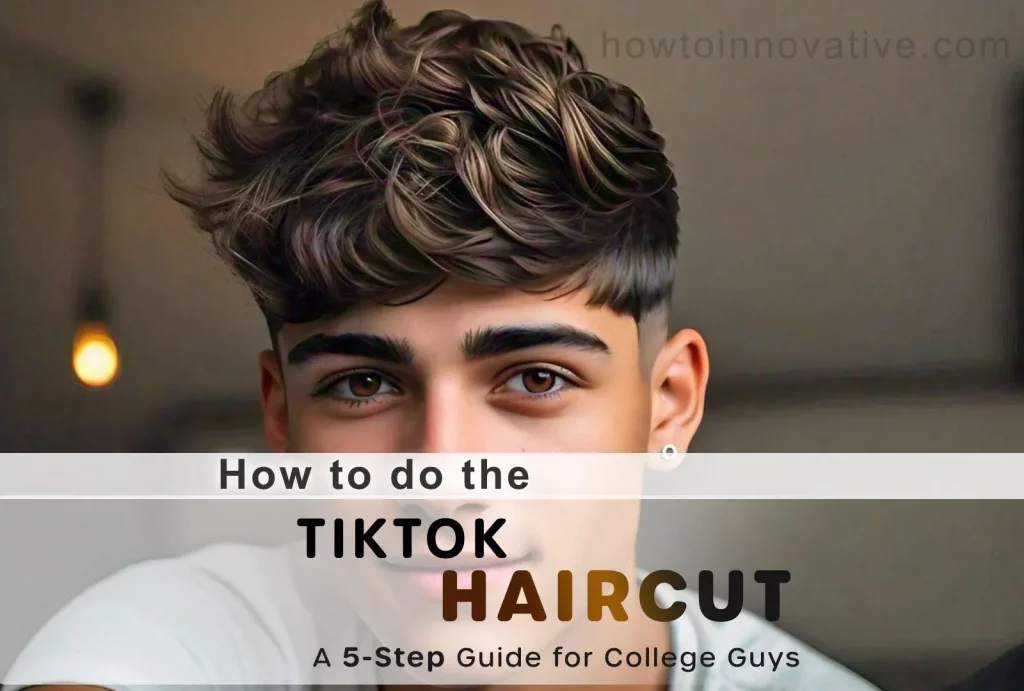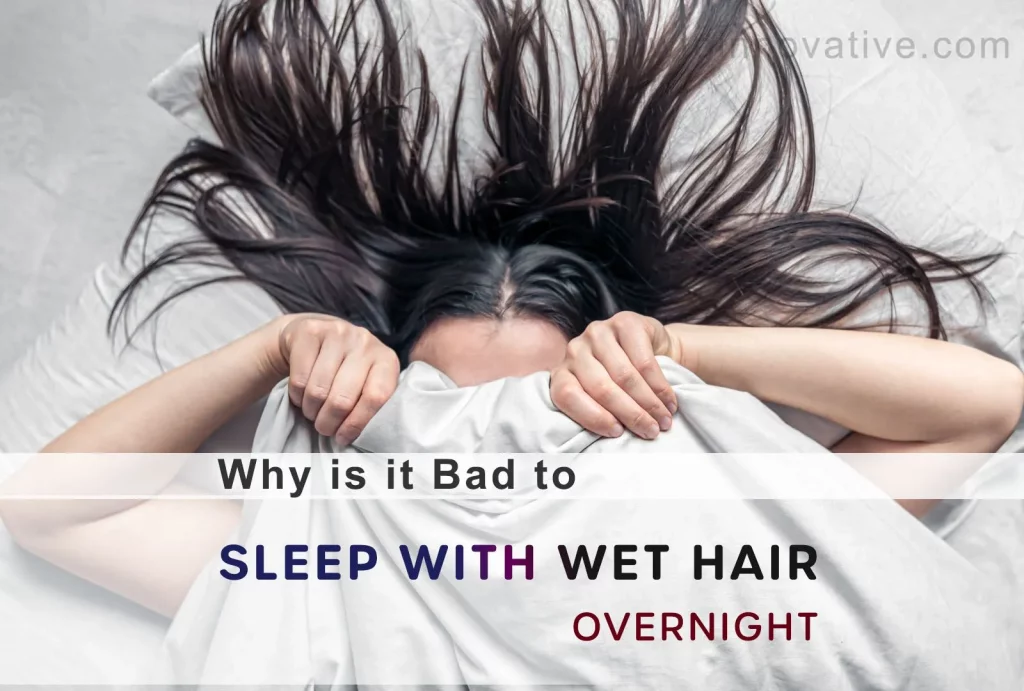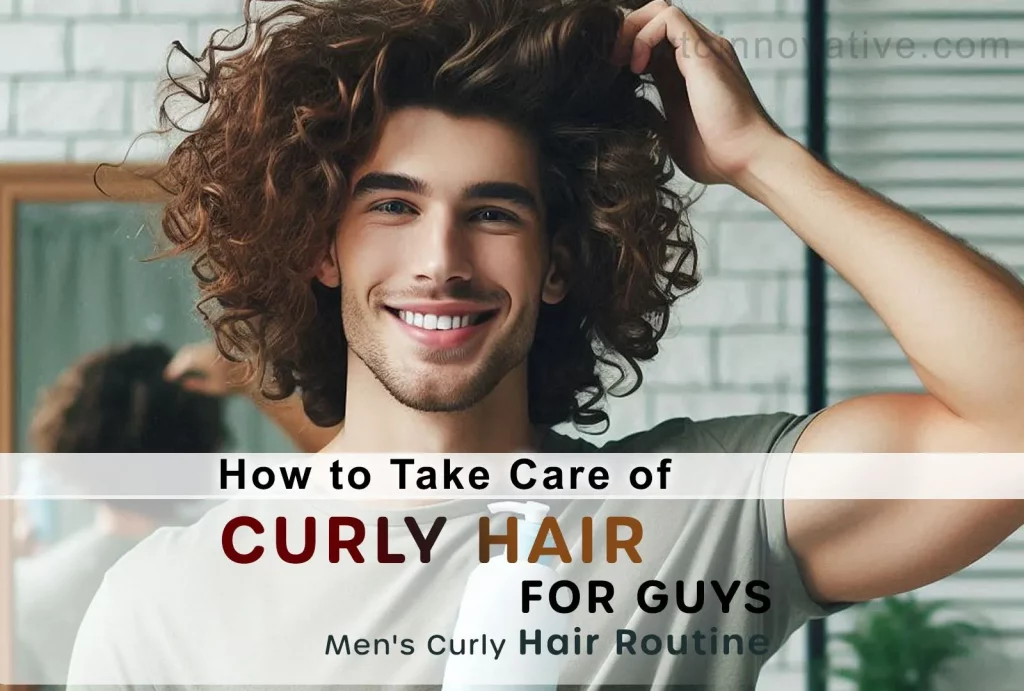Swimming is an excellent way to stay fit, distressed, and enjoy; however, for college-going students or youth who spend much time in the pool, the water treated with chlorine can be a real enemy to the hair. Though it’s normal to purify pools, chlorine can strip natural oils off your hair, making it very dry, brittle, and prone to breakage.
Fortunately, shielding your mane from the ill effects of chlorine is not very hard; in fact, it can be done through some simple, natural ways. This guide will help you enjoy healthy, shiny, and strong locks, all while you live life to the fullest in and around the pool.
Table of Contents
Understanding the Effect of Chlorine on Your Hair
Before mentioning which protective strategies are to be considered, it’s important to understand why chlorine attacks your hair. Chlorine is the disinfecting chemical used to kill any potentially harmful bacteria in swimming pool water, but it acts just as readily on the natural oils that your scalp produces, which are so vital to vibrant and healthy hair.
This special oil is the natural key to your hair’s moisture. When chlorine biodegrades the oil and sebum, the hair becomes dry, and eventually, the elasticity that the hair once had is gone, which results in hair break. Chlorine can do all that and make your hair color fade faster or, even worse, even turn your hair green.
How to Protect Hair from Chlorine Water
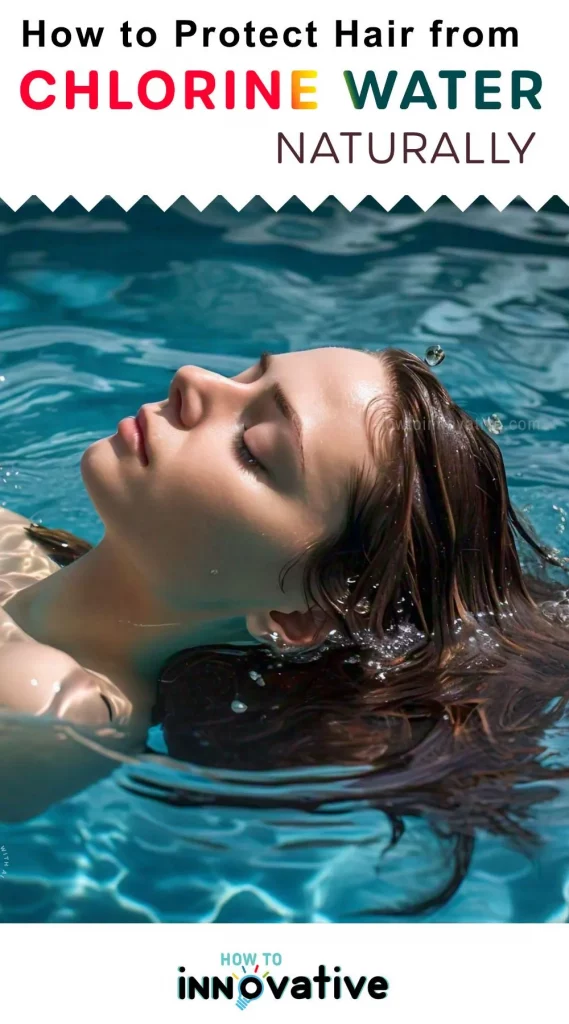
Pre-Swim Preparations
Taking care of your hair before even entering the pool is among the best ways to protect it from chlorine damage. The following are some pre-swim tips:
1. Rinse Your Hair with Fresh Water
- Why It Works: Wetting your hair with clean, fresh water before swimming saturates your hair, making it less likely to absorb chlorinated water. Your hair acts like a sponge—holding capacity is limited. Loading it first with non-chlorinated water reduces its holding capacity of chlorine-loaded water.
- How to Do It: Just before the pool entry, take a shower and wet your hair with cold or tepid water. It’s a very small step that can make a big difference.
2. Coconut Oil or Olive Oil Treatment
- How it works: Coconut and olive oils layer the hair with oils that even repel chlorine. In other words, the fatty acids present in these oils condition the hair and retain moisture in it, so no chlorine will be able to soak into your hair.
- How to Do It: Warm some coconut or olive oil in your palms and spread it through the tap, paying special attention to the ends. Note that your hair should already be damp to spread the oil uniformly.
3. Wear a Swim Cap
- Why it Works: One of the very best ways to protect your hair from chlorine is a swim cap. Summarily, it puts a boundary between your hair and the pool water so your hair has minimal direct contact with chlorine. Although it might not keep your hair totally dry, it reduces the degree of exposure radically.
- How to Do It: Invest in a good-quality silicone swim cap. Make sure you fit all your hair into the cap properly before you start swimming.
Post-Swim Hair Care
Post-swim hair care procedures are equally vital, just like pre-swim procedures. How to reduce chlorine damage after you step out of the pool:
4. Rinse Immediately After Swimming
- Why it Works: Washing out your hair within minutes of swimming helps to rinse out chlorine before it does serious damage. But, as the time spent on your hair increases, chlorine gradually strips off more natural oils from the hair.
- How to Do It: As soon as you’re done swimming, rinse your hair thoroughly with fresh water. If possible, use cool or lukewarm water, as hot water can further dry out your hair.
5. Wash with a Natural Clarifying Shampoo
- Why it Works: This is because clarifying shampoos remove build-up from hair, which includes chlorine. Many commercial kinds of clarifying shampoo, are often harsh and drying so it’s best to go natural.
- How to Do It: Check out natural shampoos that contain apple cider vinegar, tea tree oil, or baking soda. All those components dissolve the chlorine and do the job well, without being so harsh to leave the hair dry. The shampoo may be used once or twice a week as per the swimming regimen followed.
6. Deep Condition Regularly
- Why it Works: Deep-conditioning treatments restore moisture and repair damage from chlorine. This penetrates the hair shaft, hydrating and providing excellent nutrition to keep your hair healthy.
- How to Do It: Apply a deep conditioner or a mask just after you have washed your hair, and let the mask rest for at least 15 to 30 minutes. Then, rinse it off. As an extra touch, cover your hair with a shower cap while the conditioner works its magic.
Uncommon Natural Remedies
If you want to keep it a bit unconventional to save your hair from chlorine, then do try some of these home remedies:
7. Aloe Vera and Cucumber Hair Spray
- Why it Works: Aloe vera is known for its soothing and hydrating properties, but cucumber provides additional moisture and nutrients. Together, they can create a natural barrier that protects your hair from chlorine.
- How to Do It: Blend 1/2 cucumber with a few tablespoons of aloe vera gel. Strain the mixture and pour it into a spray bottle. Spritz it onto your hair before swimming for a natural, refreshing layer of protection.
8. Apple Cider Vinegar Rinse for Hair
- Why it Works: The apple cider vinegar restores the pH of your scalp and eliminates chlorine accumulation. It can also give your hair shine and softness, so it’s a perfect natural clarifier.
- How to Use: Combine one part apple cider vinegar with four parts water. After swimming, apply the mixture over your hair and let it sit for a few minutes. And then rinse thoroughly with cool water.
9. Egg Yolk and Honey Treatment
- How it works: Egg yolks have proteins that bind the hair while honey is a natural humectant attracting moisture. This combination can help repair chlorine-damaged hair and restore its natural shine.
- How to Do It: Mix one egg yolk with a tablespoon of honey. The mixture should be used on damp hair, particularly on the ends. Leave it for about 20 minutes and rinse using cool water and mild shampoo as usual.
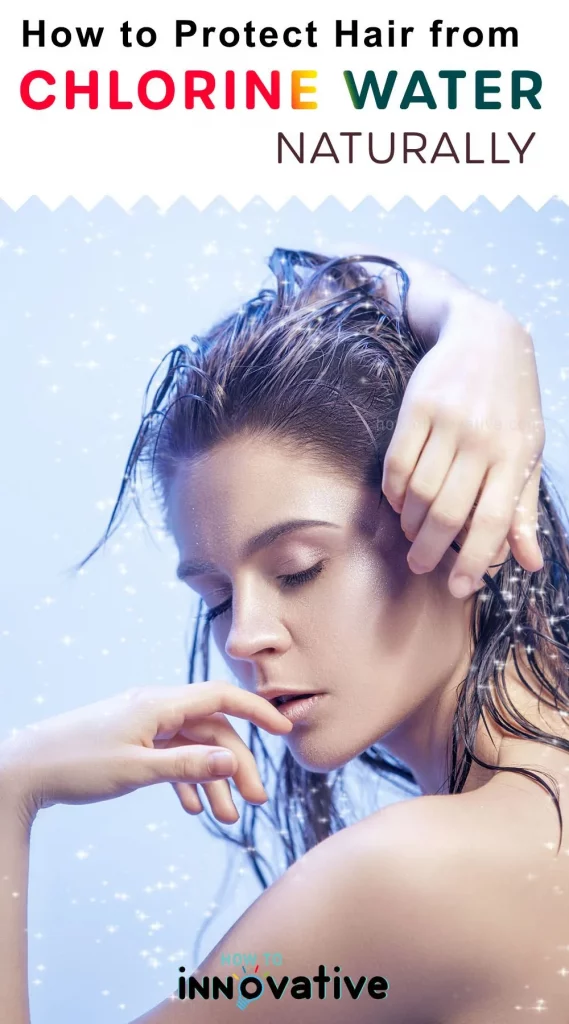
Natural Hair Care Tips for Swimmers
10. Trim Your Hair Regularly
- Why it Works: Regular trims help to prevent split ends and breakage, which can be intensified by exposure to chlorine. Keeping your hair healthy from the ends up results in less overall damage.
- How to Do It: Schedule an appointment at the salon once every 6-8 weeks for a trim, even if it’s just a small amount. This is going to maintain the integrity of the hair.
11. Avoid Heat Styling
- Why it Works: Heat-styling tools like flat irons and curling wands can exacerbate the drying effects of chlorine-exposed hair. It’s best to give your hair a break from heat whenever possible.
- How to Do It: Go with your hair’s natural style or use a heat-free method to style, whether through braiding, twisting, or hair buns, allowing your hair to recover.
12. Stay Hydrated and Eat a Balanced Diet
- Why it works: Healthy hair begins on the inside. Good hydration and vitamins and minerals from your diet can let the hair recover from the abuse of chlorine.
- How to do it: A diet rich in vitamins A, C, D, and E, biotin, and omega-3 fatty acids assists in stimulating new growth of healthy hair while maintaining the strength of existing follicles.
Wrapping Up
Take away the stress of chlorine damage to your hair. Follow these simple natural tips to maintain the health, shine, and beauty of your hair hassle-free after regular swimming. Remember that consistency is the key, and a little effort on a regular basis—whether it’s a quick pre- and post-swim rinse or weekly deep conditioning—will help maintain your hair’s health. Now spend time in the pool without worrying about your hair, nature will take care!
Next Steps:
- Practice these hair care regimes and incorporate them into your hair care routine.
- Share the blog with your swimmer friends to save their hair.
- Search for more natural beauty tips to add to your overall wellness routine.

